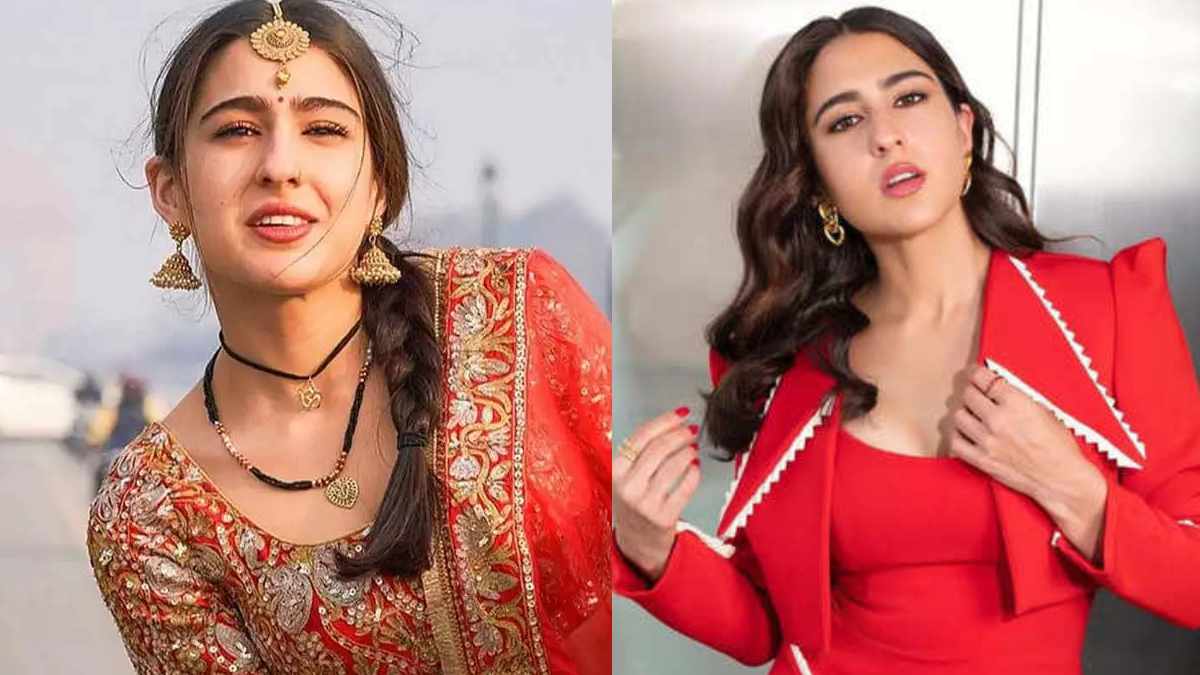‘Who Are You To Tell…’: Farhan Akhtar Sides With Artistic Freedom On ‘Animal’ Debate
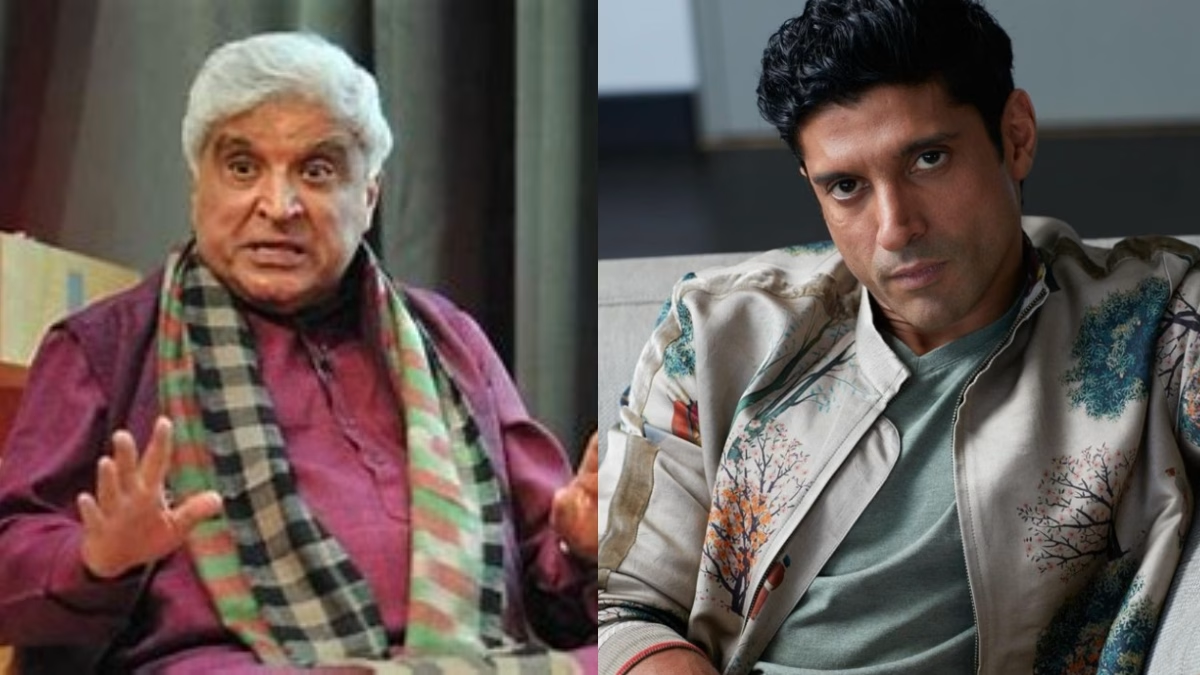
In a recent appearance on YouTuber Raj Shamani’s podcast, actor-director Farhan Akhtar expressed a strong stance on creative freedom, diverging from his father, acclaimed lyricist Javed Akhtar, particularly regarding the controversial film Animal directed by Sandeep Reddy Vanga. While Farhan did not explicitly praise the film, he was clear in his opposition to censorship in filmmaking.
During the podcast, Farhan Akhtar addressed comparisons drawn between his character in Dil Dhadakne Do and Ranbir Kapoor’s character in Animal. He emphasized his belief that no filmmaker should be restricted in their artistic expression. “I don’t believe that some things should not be shown,” Farhan stated. “We are in a field where if someone tells me, you can’t make a film like this, I’ll be like, who are you to tell me what I should and should not make? I am permitted by the laws of this country, and I have the freedom of artistic expression to say whatever I want.”
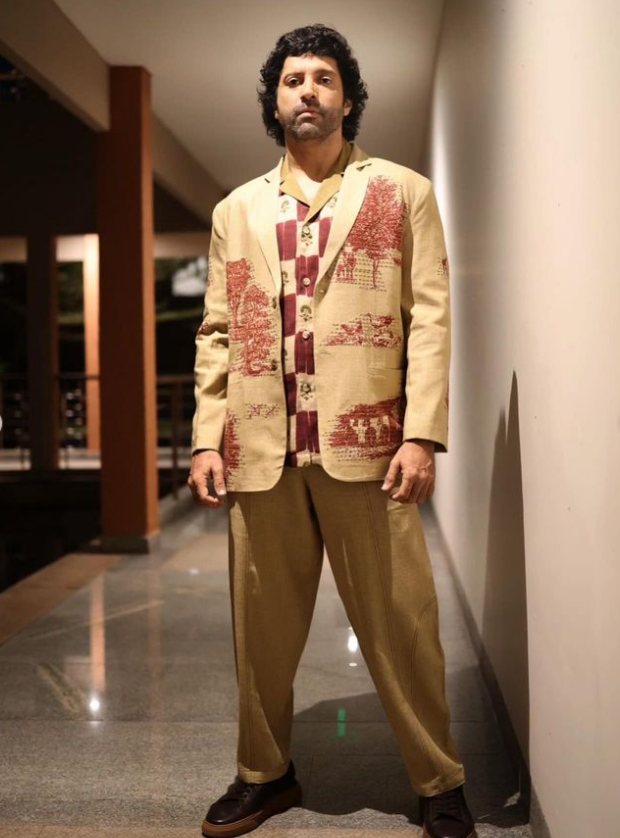
Farhan’s comments underscore his commitment to creative liberty, asserting that it is up to the audience to decide what they wish to consume. “What the audience wants to listen to, that they’ll decide,” he added, stressing that he would never impose restrictions on any filmmaker, writer, or producer. “To each their own, because I don’t feel that’s right and that’s a dangerous thing to do.”
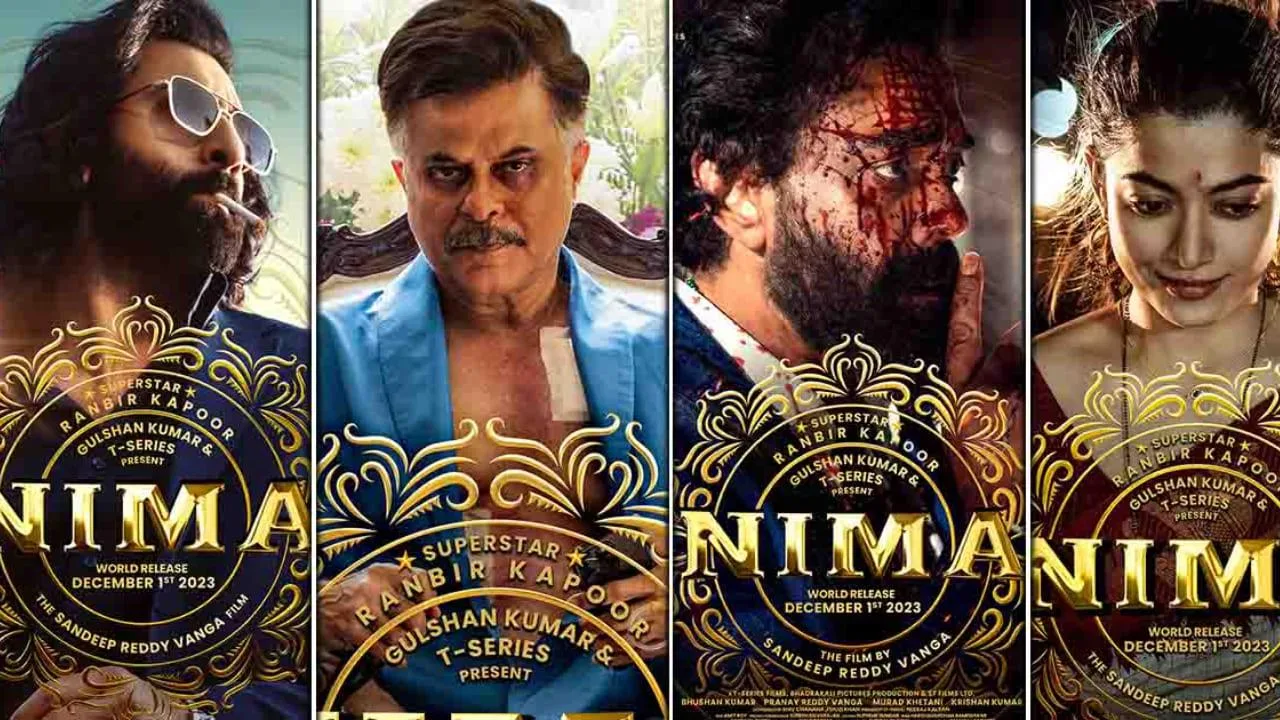
On the same podcast, when asked if he believes women are attracted to alpha male characters, Farhan responded diplomatically. “I cannot answer for women,” he said, acknowledging the diversity of preferences in the world. He explained his understanding of an alpha as “someone who is the leader of the pack, the top of the pyramid.”
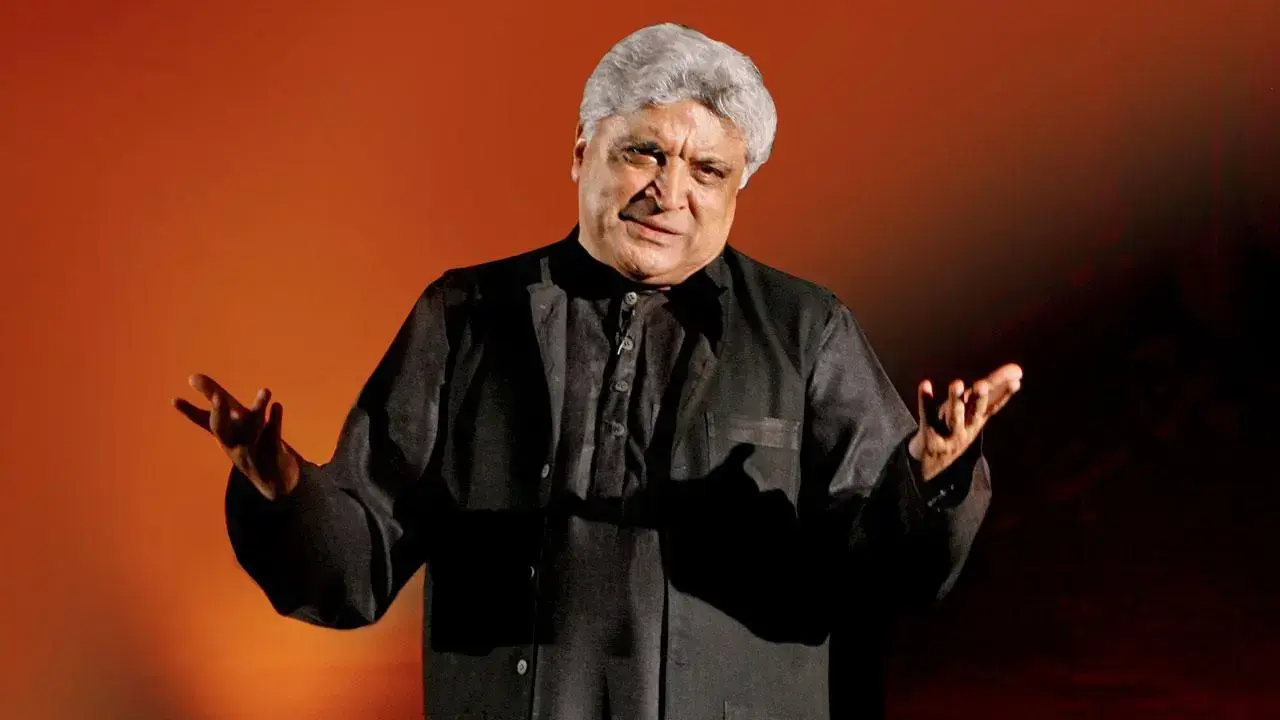
In contrast, Javed Akhtar has publicly criticized Animal, particularly referencing a disturbing scene between Ranbir Kapoor and Triptii Dimri. Speaking at the Ajanta Ellora International Film Festival in Aurangabad earlier this year, Javed did not mince words, stating, “If there’s a film in which a man asks a woman to lick his shoe, if a man says it’s okay to slap a woman…and the film is a super hit, that’s dangerous.”
The father-son duo’s differing opinions highlight an ongoing debate in the industry about the balance between artistic freedom and social responsibility.
